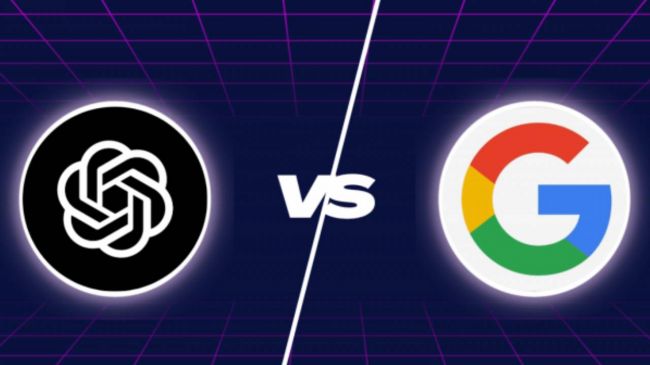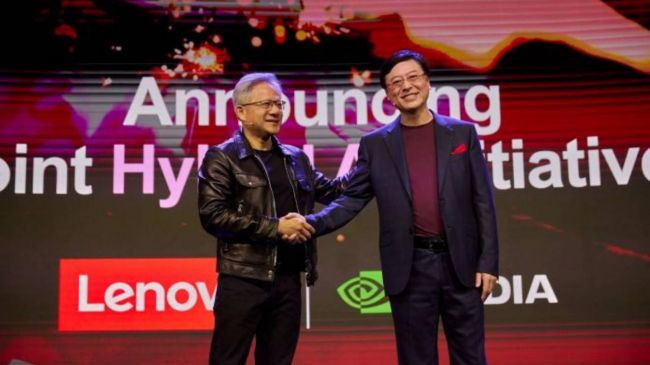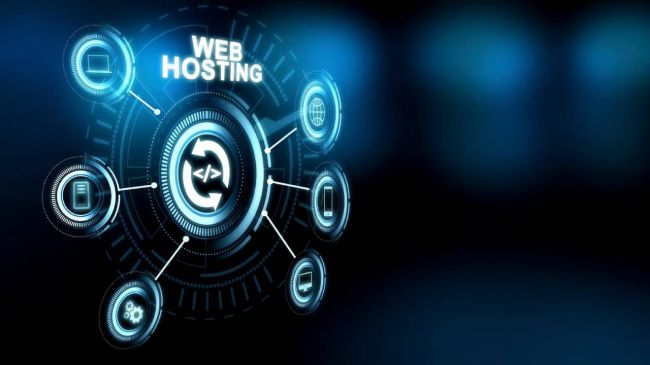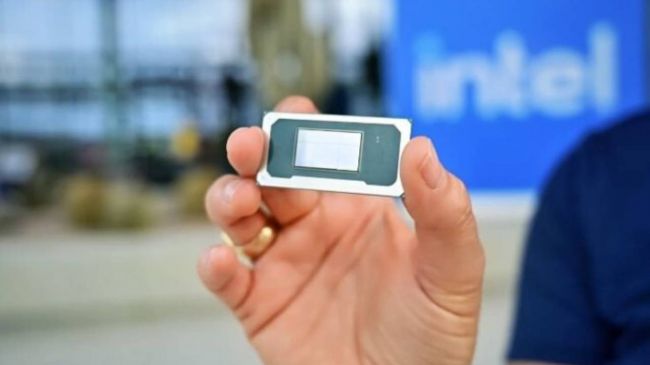On This Page
- Smart Real Estate: Digitizing Transactions & Insights
- Blockchain and Proptech: Transparency & Efficiency
- Hybrid-Work Influence on Property Demand
- Home Improvement 2025: Tech Meets Aesthetics
- Wellness & Sustainability at Home
- Operational Efficiencies & Cross‑Industry Synergies
- Virtual & Augmented Reality: Reimagining Space
- Future Outlook: What to Watch in Late 2025
- Conclusion
Technology is changing how we buy and improve homes as we go further into 2025. From smarter home buying to intelligent home features and HVAC optimizations, the digital revolution is redefining how people acquire, live in, and renovate their homes. In this article, we look at the main trends that are shaping real estate and home improvement, highlighting how innovations like AI, IoT, automation, blockchain, and advanced climate-control systems impact market behavior, space planning, and user experience.
Smart Real Estate: Digitizing Transactions & Insights
AI and Big Data in Property Valuation and Sales
Artificial intelligence and big data are important in real estate nowadays.
Predictive analytics accurately predict the value of properties, allowing buyers, investors, and agents to make well-informed decisions.
Additionally, AI has started getting integrated into property platforms, offering buyer recommendations based on user behavior data, thereby making mortgage processing faster, among other things.
Digital Twins, IoT & Smart Listings
The combination of digital twins with IoT– virtual replicas of physical properties– helps both buyers and planners simulate a house’s performance energy usage along with changes in layouts. This improves both design accuracy and predictive maintenance capabilities.
Blockchain and Proptech: Transparency & Efficiency
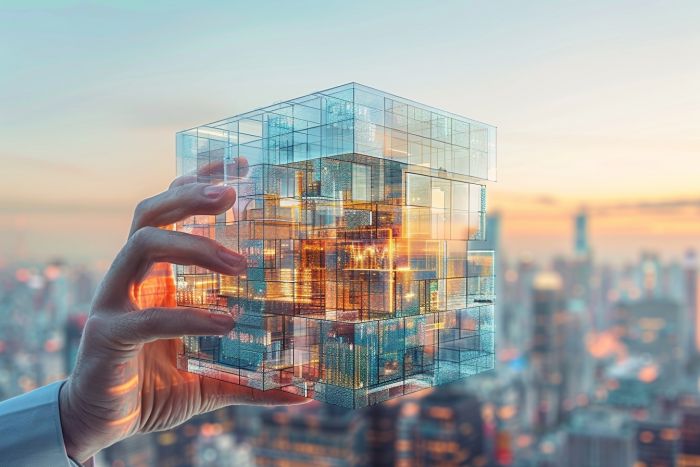
The use of blockchain in real estate is changing property transactions by generating constant, transparent documentation. Applications like smart contracts and tokenization mean less paperwork and fewer intermediaries to slow down the process.
Moreover, these blockchain applications automate rental processes, maintenance reporting, and rent payment, making property management more trusted and efficient.
Hybrid-Work Influence on Property Demand
Suburban Boom & Flexible Spaces
Markets continue to be influenced by the hybrid-work revolution, which has seen a surge in suburban home sales as buyers seek larger homes for remote work and family life. As living spaces double up as offices, smart home integrations, and adaptable workspaces have become necessary.
Adaptive Reuse of Commercial Buildings
Due to decreased demand for conventional office real estate, many cities are turning under-used office towers into residential units—this is transforming urban landscapes while offering new investment prospects.
Home Improvement 2025: Tech Meets Aesthetics
Smart Window Treatments & custom curtains
Inventions such as customized curtains are results of automation and design advancements in window treatments. Smart shades with Alexa integration or Google Home support can provide scheduled light control that adds energy efficiency and comfort.
On the other hand, there is a growing demand for custom curtains. Designers, either online or offline, are tailoring styles, fabrics, and dimensions to fit individual homeowners’ tastes nowadays. Custom curtains that used to be mere window dressing are now an integral part of smart home ecosystems.
Energy-efficient HVAC & cold room condensing units
Climate control continues to receive much attention in homes as well as commercial spaces. For instance, cold room condensing units, which are found in businesses such as cold storage, have been engineered with higher efficiency levels, digital control techniques, and refrigeration optimization for additional support in meeting cold-chain requirements and also tying into domestic improvements through smarter HVAC strategies.
Other residential heating options include heat pumps, programmable thermostats, and zoned-control systems that give householders more precise temperature regulation abilities while cutting down on the utility bill and reducing carbon emissions at the same time. Platforms like Utility Bidder can help compare energy usage and identify cost-effective solutions that align with these high-efficiency systems.
Beyond HVAC, the way homes are being designed and constructed is changing at the structural level. From AI-enhanced layouts to robot-assisted construction, technology is shaping the future of homebuilding itself, offering smarter, faster, and more eco-conscious methods to create personalized living spaces. Explore how emerging tech is transforming the homebuilding process—from material innovation to predictive architecture and automated site management.
Wellness & Sustainability at Home
Indoor Wellness Design
In addition to luxury real estate, health-focused home features are now going mainstream. They include things like air purification systems, circadian lighting installations, or quiet-home zones that promote physical and mental wellness—and have been rapidly gaining popularity.
Green Materials & Efficiency
Sustainable home renovation approaches adopted by 2025. These range from bamboo or recycled window shades to eco-blinds made from natural fibers—materials that enhance aesthetics while improving insulation as well as decreasing resource utilization. These materials comply with global green building standards.
Operational Efficiencies & Cross‑Industry Synergies
2025 is witnessing greater collaboration across domains to address complex residential needs. Real estate firms are partnering with logistics, fintech, healthcare, and home-service tech providers to deliver better living experiences.
For example:
- Logistics integration in residential developments allows package lockers and coordinated delivery zones.
- Fintech innovations simplify mortgage prequalification.
- Health tech companies are co-locating therapy rooms and fitness facilities within housing projects.
These synergies result in more holistic, service-oriented home environments.
Virtual & Augmented Reality: Reimagining Space
Interactive Virtual Tours
VR and AR are now integral to property marketing. Buyers can virtually walk through properties, test furniture layouts, and visualize renovations in real-time, lowering the reliance on physical visits and improving buyer confidence.
AR for DIY Improvements
AR-powered apps enable homeowners to preview new paint, flooring, fixtures, or window treatments, such as visualizing how custom curtains enhance a room before investing in them.
Future Outlook: What to Watch in Late 2025
Key developments to monitor through late 2025 include:
- AI-led home valuation platforms that factor in smart features, wellness amenities, and data from digital twins.
- Increased tokenization of residential properties, allowing fractional ownership and broader investment access.
Technology integration in real estate and home improvement has become pervasive by 2025. The modern home now embodies a union of digital sophistication and sustainable practice, with things like artificial intelligence getting involved in property insights, blockchain-powered transactions, wellness-focused designs, and improvements in the home, such as automated curtains or high-tech HVAC systems.
Hence, we are heading for seamless living. This requires convenient solutions that are tailor-made to individual needs and choices besides being green-conscious. Developers, agents, and homeowners alike who want to be ahead have to embrace technology not only for constructing homes but also for enhancing living.
Smart climate-control hardware is spreading widely. This means using the efficiency found in cold room condensing units in residential HVAC systems.
The consumption of renewable energy sources has already surpassed non-renewable energy sources in various parts of the world. These areas include some US states such as California and Hawaii, Germany, Denmark, or countries located in the northern part of Europe.
Expanded adoption of sustainable window treatments refers to automated solar shades, among others. Wool drapes and layered blinds fall into this category, too.
Conclusion
In 2025, technology will be deeply interwoven into real estate and home improvement. From AI-driven property insights and blockchain-enhanced transactions to wellness-focused design and intelligent home upgrades like custom curtains or advanced HVAC systems, the modern home reflects a convergence of digital sophistication and sustainable practice.
As cross-industry innovation continues—fusing logistics, finance, healthcare, and IoT—the path forward will be defined by convenience, personalization, and conscious living. For homeowners, agents, and developers alike, staying ahead means embracing technology not just to build homes but also to enhance lifestyles.
About the author:
Sofiko Saltkhutsishvili is a content writer and a senior outreach specialist at SEO Sherpa – Global Best Large SEO Agency Winner, focusing on SEO, PPC, Digital PR, and Search Everywhere Optimization. She enjoys conducting in-depth research on topics she writes about and shares her authentic experiences with readers. On the side, Sofiko is a career mentor for people in marketing. Originally from beautiful Georgia, she currently resides in its capital, Tbilisi.
Post Comment
Be the first to post comment!
